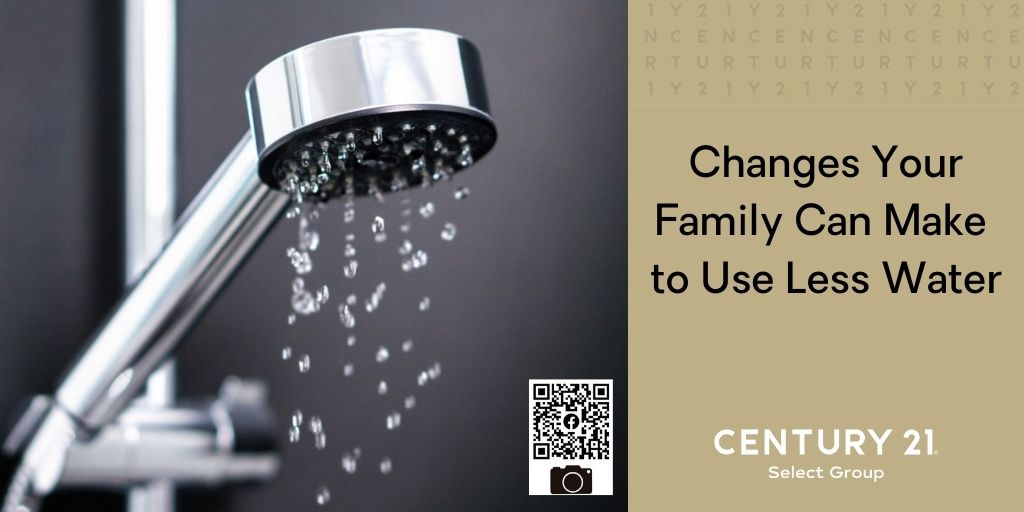Changes to Make to Use Less Water
Many Americans don’t realize how much water their family uses in a typical day or how much of that water is wasted. Conserving water can help to protect the environment and lower your bills.

How to Save Water in the House
If you typically leave the water running while you wash dishes, brush your teeth or shave, that can waste hundreds of gallons each month. Work on breaking the habit to reduce your water bills.
A plumbing leak may not seem like a big deal, but even a small one can waste hundreds of gallons of water per month. Have a plumber check your sinks, toilets and appliances for leaks and make any necessary repairs.
Installing efficient, Energy Star-certified appliances and other devices, and using appliances with water conservation in mind, can help you lower your bills. Aerators on your kitchen and bathroom faucets and a low-flow showerhead can save water. Newer toilets use less water than traditional models. Front-loading washers use less water than top-loading versions.
Don’t flush tissues or other household items down the toilet since that wastes water. Throw them in the trash instead. Work on reducing the length of your showers. Only run the dishwasher when it’s full.
How to Reduce the Amount of Water You Use Outdoors
Weeds can use up water that should go to your plants. Weed your garden regularly so your plants won’t have to compete for water. Group plants based on their water needs so you can make sure that each section gets the appropriate amount of moisture. Place a layer of mulch around plants and trees to help the soil retain water and reduce runoff.
Check your outdoor faucets, hoses and irrigation system for leaks and clogs. Watering your yard with a hose as needed can help you use less water than you would with an automatic irrigation system. A soil meter can let you know if your yard needs water so you don’t overwater it.
If you would prefer to use a sprinkler system, choose one that uses water efficiently and that adjusts the watering schedule based on the amount of rain the area has received. That can help you avoid overwatering the lawn and wasting water. Make sure the sprinklers are positioned so water lands in the yard and garden, not on the driveway or street.
When you water the lawn, give it a deep soaking so water can penetrate the soil and encourage the grass to grow deep roots. Water your lawn early in the morning so the water won’t evaporate quickly.
Look for Ways to Save Water
Many people don’t realize how much water they waste and how that affects the environment and their wallets. Figure out where your family is using more water than you should and look for ways to cut back.





